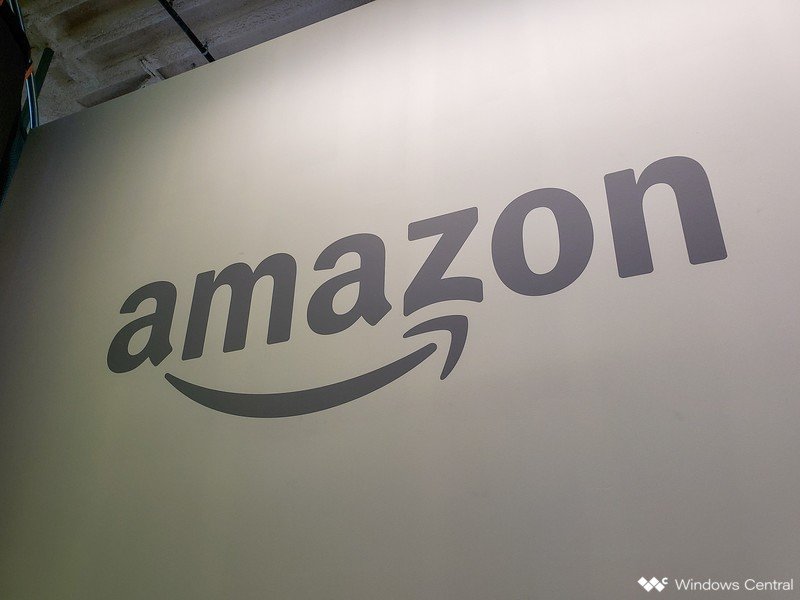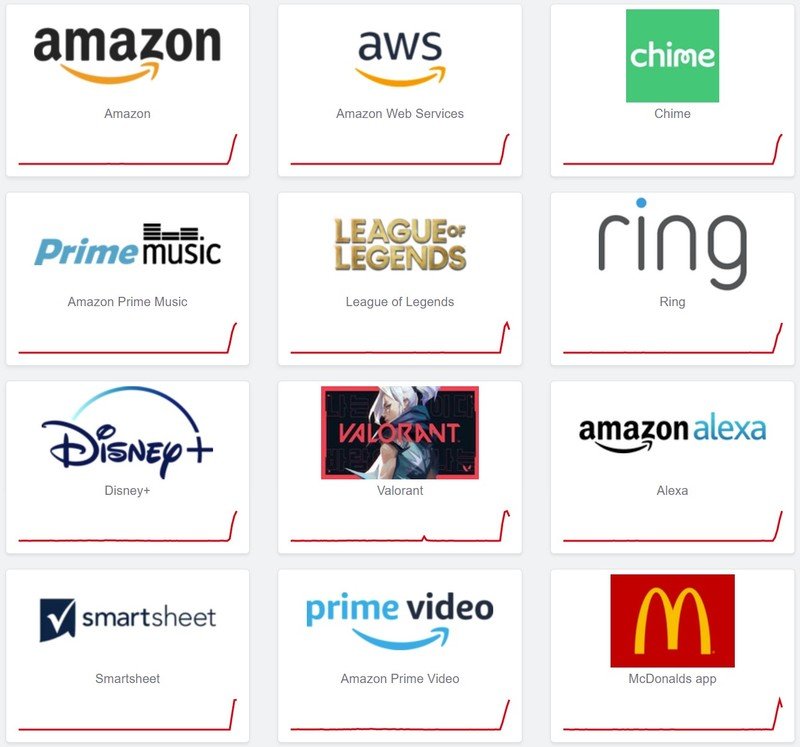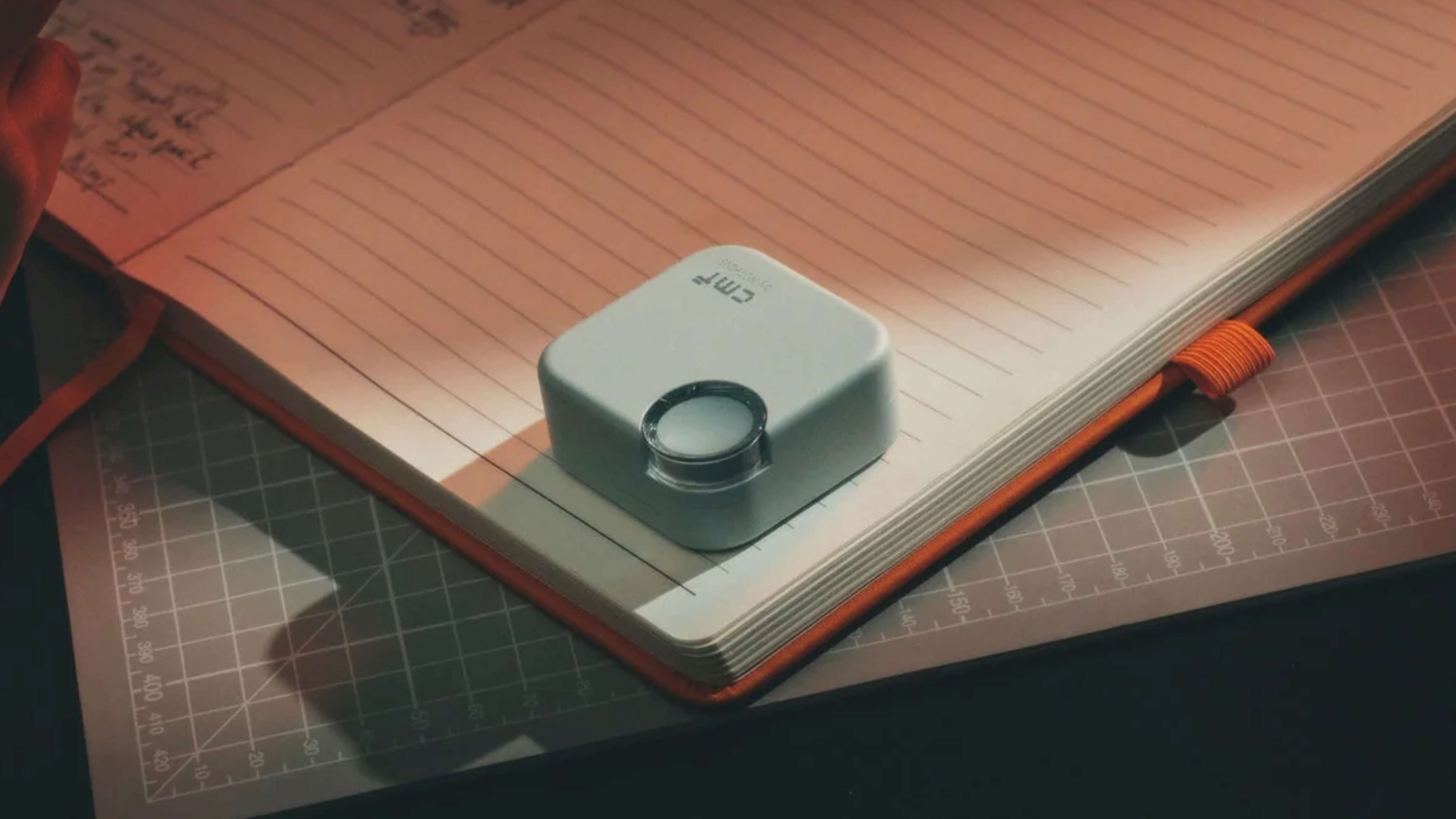'The cloud' may be great but it's also horribly broken

You've heard a lot of talk about the cloud in the past few years. We were told how great it was, how much better it was going to make things, and how much more the companies we trust would be able to do when they went all-in with "the cloud." But really, what the hell does it all mean, and how can everything break when just a tiny bit of it goes funky?
I'll be honest, the average consumer has no idea what exactly the cloud is or how it works, even though many products and services we use depend on it. There is no shame in this. We aren't even really sure how many tech products work. However, we don't have to know any of this to use the tech in our lives. The only time we care about the cloud is when things go wrong.
I'm no network engineer charged with the impossible task of keeping any sort of cloud up and running. But like many of you, I know one thing: A cloud outage can royally screw things up. If you didn't know that, November and December of 2021 probably taught you everything you needed to know. We saw Facebook or Meta (or whatever it calls itself now) go squirrely. We saw Google managed to keep all the services we use working. Still, we couldn't access them because "the cloud," and Amazon's AWS (Amazon Web Services) went down like the Titanic twice in one week.

The reasons why these cloud platforms crashed and burned were typical errors that humans make every single day. Mistakes that humans will continue to make every day. It's difficult to be angry at Amazon because your gadgets stopped working, or in Google's case, be upset because you couldn't read an email, or even be perturbed at Facebook because Instagram didn't post your selfie. When you understand that these outages weren't the result of the companies doing anything wrong, and were fixed once found, you really can't blame them. Instead, this is the one time you should hate the game and not the players.
This time, hate the game and not the players.
The idea of "the cloud" is great, but the execution is broken. Microsoft, Google, and Facebook are the outliers because they actually use their own cloud infrastructure to drive their services, so there is no finger-pointing. They own it. They broke it. They have to fix it. A bigger problem (and the real issue) is that every other company depends on another company to power their business.
There are plenty of cloud service providers, but a small handful essentially powers everything. Amazon, Microsoft, Google, Alibaba, Oracle, and IBM are the companies that really control the internet. These companies have giant cloud infrastructure that they offer to companies that don't want to build their own. These companies can take down a giant swath of the internet, including how smart gadgets work when there is a problem. And this isn't likely to change anytime soon.
If you're a customer, the cloud is crazy expensive to use but building out your own internet-enabled infrastructure is unthinkable because of the costs to build and maintain. Take something like a simple, smart camera. If I owned a company that made a great camera, I would want it to be able to tell you whenever it sees something you told me to monitor, so I would need to send you a message on your phone. That means I would need a robust app for Android and iOS, ideally a website that could show you everything on both WebKit browsers like Chrome or Safari and browsers with a different rendering engine like Firefox. I would also want to provide storage online for customers that want it.
Be an expert in 5 minutes
Get the latest news from Android Central, your trusted companion in the world of Android
Very few companies can afford to build their own cloud infrastructure without charging consumers a lot more.
I could find the people to build the best home security system with a smart camera in the world and still be unable to offer any connected features without using Amazon, Microsoft, or Google. Or a combination of the three. My customers — that'd be you, hopefully — want these features, so if I want to compete, I need to work with another company that runs "the cloud." And this is before I get creative and add compatibility with digital assistants like Alexa or Google Assistant. I'm forced to use a cloud service provider unless I find a sugar daddy that will float me a few billion to build my own. My cameras go down when Amazon, Google, or Microsoft go down. No ifs, no ands, no buts.
Who do you blame here? Really, this is a situation that benefits everyone involved. Companies that can build a cloud-computing platform gain customers, while companies that offer services or products that need cloud infrastructure can get it at an acceptable price. We then get the services and gadgets we want that work how we want them to work. There is nothing wrong with this until something breaks, and everything else falls like dominoes.

My gut says that the companies that depend on the cloud should foot the bill and use multiple providers to make sure things don't all go down at once. My brain says all this would increase the cost of everything we want to use. Cloud service providers like Amazon could build redundancy into everything. So if it breaks, someone could flip a switch and move everything to the backup cloud. Guess what? This means the costs of using cloud services increases, and to make up for it, we pay more for the services and gadgets we want to use.
There has to be a way to make things better.
I have no idea how this can be fixed, and really, is a few hours a year of not having access to your Roomba or not seeing the latest post on Instagram that big of a deal? Probably not, but cloud outages can also affect smart door locks or critical infrastructure like traffic lights. Fighting through rush hour traffic with all the traffic lights inoperable, only to get home and be locked out of your house, is a good bit worse than not being able to have Alexa turn on your television and play a show on Netflix.
I don't need to know how to fix this, and neither do you. But some people need to figure it out, and hopefully, those people are working on it. So far, cloud outages have been an inconvenience, but the potential for things to be much worse is real.

Jerry is an amateur woodworker and struggling shade tree mechanic. There's nothing he can't take apart, but many things he can't reassemble. You'll find him writing and speaking his loud opinion on Android Central and occasionally on Threads.
